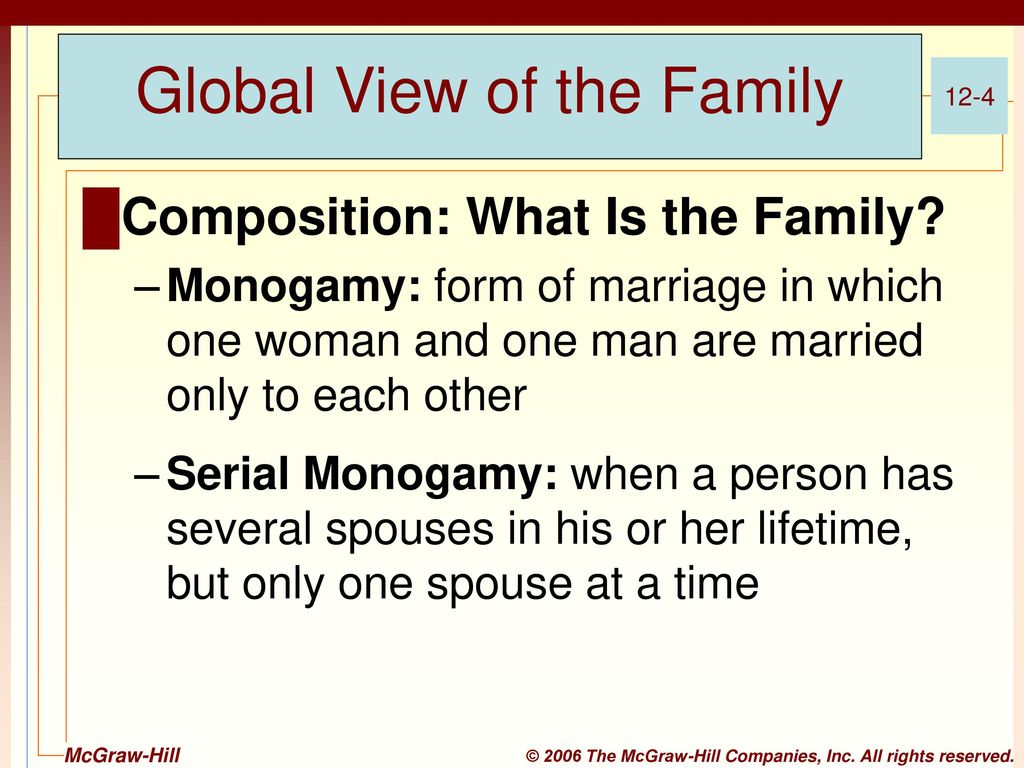

All societies tolerate some acceptable deviations from the ideal or statistical norm, owing either to incidental circumstances (such as the death of a member of the family), to infertility or to personal preferences.Ī matrifocal family consists of a mother and her children - generally her biological offspring, although nearly every society also practices adoption of children. Note: this typology deals with "ideal" families. Anthropologists have called attention to three major types of family: The structure of families traditionally hinges on relations between parents and children, on relations between spouses, or on both. In modern societies marriage entails particular rights and privileges that encourage the formation of new families even when participants have no intention of having children. In societies with a sexual division of labor, marriage (and the resulting relationship between a husband and wife) must precede the formation of an economically productive household. Producing children, however important, does not exhaust the functions of the family. From the point of view of the parent(s), the family serves as a family of procreation with the goal of producing, enculturating and socializing children. From the perspective of children, the family functions as a family of orientation: the family serves to locate children socially, and plays a major role in their enculturation and socialization.

Thus, one's experience of one's family shifts over time. Although many people (including social scientists) have understood familial relationships in terms of "blood", many anthropologists have argued that one must understand the notion of "blood" metaphorically, and that many societies understand 'family' through other concepts rather than through genetics.Īrticle 16(3) of the Universal Declaration of Human Rights says: "The family is the natural and fundamental group unit of society and is entitled to protection by society and the State".Īccording to sociology and anthropology, the family has the primary function of reproducing - biologically, sociologically, or both - society.

In many societies, family ties are only those recognized as such by law or a similar normative system. A family in Ouagadougou, Burkina Faso in 1997Ī family consists of a domestic group of people (or a number of domestic groups), typically affiliated by birth or marriage, or by analogous or comparable relationships - including domestic partnership, cohabitation, adoption, surname and (in some cases) ownership (as occurred in the Roman Empire).


 0 kommentar(er)
0 kommentar(er)
